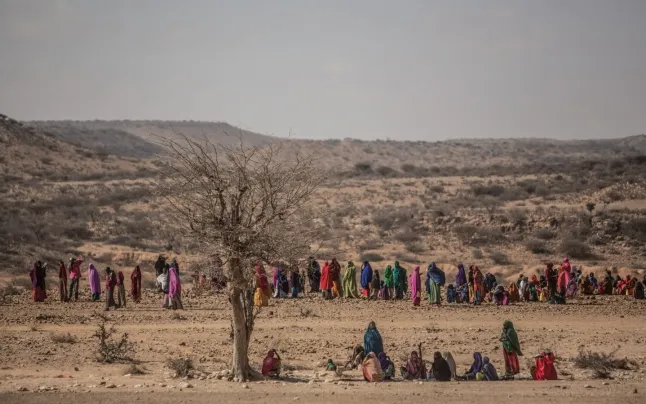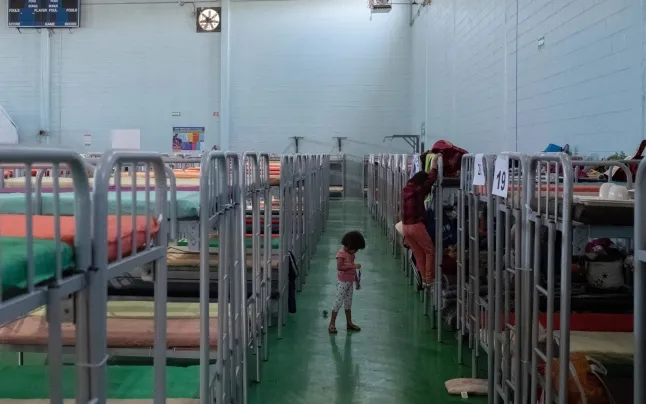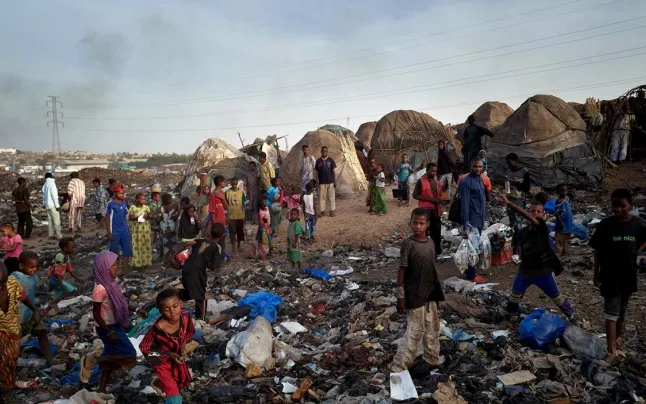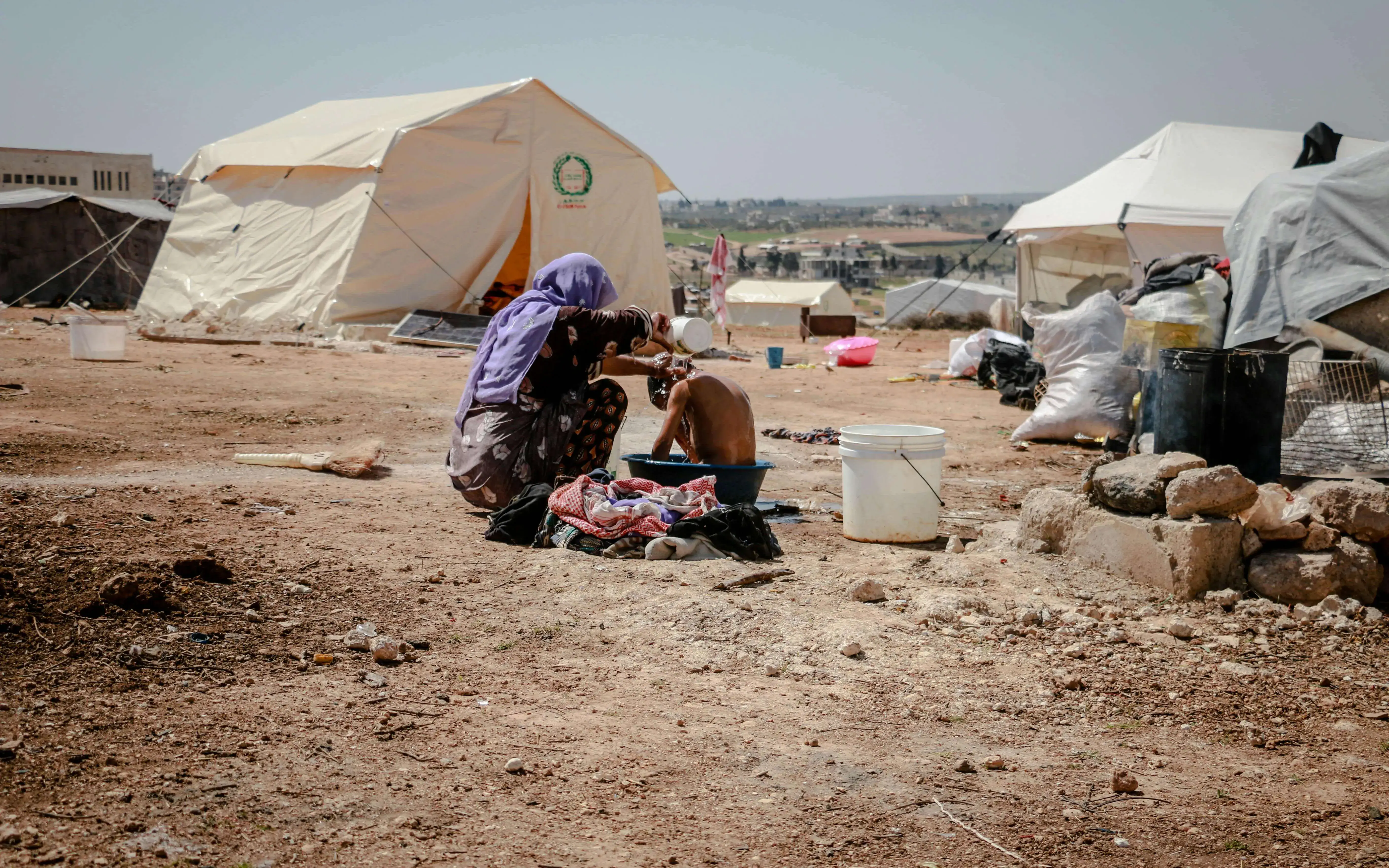The Escola de Cultura de Pau report examines the intersection between armed conflict, forced displacement and the pandemic.
More than eighty-two million people have been forced to flee their countries due to conflict, violence and persecution in 2020, a number that exceeds the previous year's data, being the highest in the decade.
A difficult period worldwide due to the Covid-19 pandemic, for which a total of one hundred and sixty-four countries were forced to close their borders due to severe viral expansion, of which ninety-nine were run without regard and without exceptions for asylum seekers. Some mobility restrictions that forced the abrupt reduction of international flows of people.
This is highlighted in the Report ‘Conflicts, Displacement and Covid-19’, prepared by the Escola de Cultura de Pau. Pamela Urrutia, a researcher at the center, states that "the pandemic has aggravated the vulnerabilities of populations that were already in precarious situations".
Globally, at the end of 2020 there were more than thirty armed conflicts, 47% of them have been considered cases of high intensity - high mortality rate and mass displacement - with serious impacts on human security. It should be noted that in the same year 2020 only a very low number of new wars broke out, as the rest were active for decades.
A change in the dynamics of migratory processes
In 2020, there were 45% less asylum applications than in the previous year, and according to UNHCR data, there were also 42% fewer refugees.
It should be noted that these declining numbers doesn't mean an automatic reduction in displacement, but as a transformation of migration dynamics in the face of a health obstacle with a huge global impact. This is due to the implementation of extreme measures to reduce the spread of the pandemic, that is, to regulate the movement of people.
These data, which seem to be declining, are explained by the fact that UNHCR's estimates of the number of people displaced in 2020 have turned out to be lower compared to the data they forecast, which is why is considered this 42% of less refugees. However, in 2020 the number of people forcibly displaced or refugees was again surpassed, being the highest number of the decade.
The coronavirus crisis and its repercussions on human mobility on a global scale seem to have slowed - although without reversing - the trend of sustained growth in the number of refugees and internally displaced persons in the last decade, Pamela Urrutia says.
A crisis that has generated great impacts
The restrictions imposed to stop the pandemic have made it difficult for all those fleeing situations of conflict and violence.
The report states that the pandemic has amplified the vulnerabilities of refugee or displaced populations in different dimensions, such as access to health, protection or the socio-economic sphere, with multiple and interconnected impacts. "These actions have had a direct impact on the operation of asylum systems and on access to international protection and essential services", said Pamela Urrutia.
In the field of protection mechanisms, for example, according to Urrutia, there has been an increase in actions that have violated human rights. In the face of the great closure of borders worldwide, there has been an increase in the use of dangerous routes to reach the countries, for example. There has also been increased exposure to human trafficking networks, with a large number of migrants being forced to use these networks in order to travel.
In addition, there has been an increase in everything to do with gender-based violence. In the case of Afghanistan, to cite one example, 94% of refugee women say they have increased gender-based violence in their partners, according to Pamela Urrutia.
A health emergency that has not stopped the wars
The context of the pandemic has generated a global economic crisis, but despite the severe impact on the economy, there has been no decrease in military spending globally, but increased for the fifth consecutive year, as the arms trade.
A number of countries have implemented policies to carry out pandemic control measures and restrictions to facilitate the movement of people, to comply with international humanitarian law, human rights and asylum. Uganda is an example, which hosted thousands of refugees applying disease controls.
Another example is in Portugal, which extended the status of permanent residence to all foreigners with files pending resolution, in order to allow them access to health and other public services during the pandemic.
The report concludes with the importance of going beyond short-term solutions. "The pandemic situation should invite us to reflect more deeply on the urgency of legal and safe migration routes", said Pamela Urrutia. We must focus on human security and respect for human rights.









Add new comment